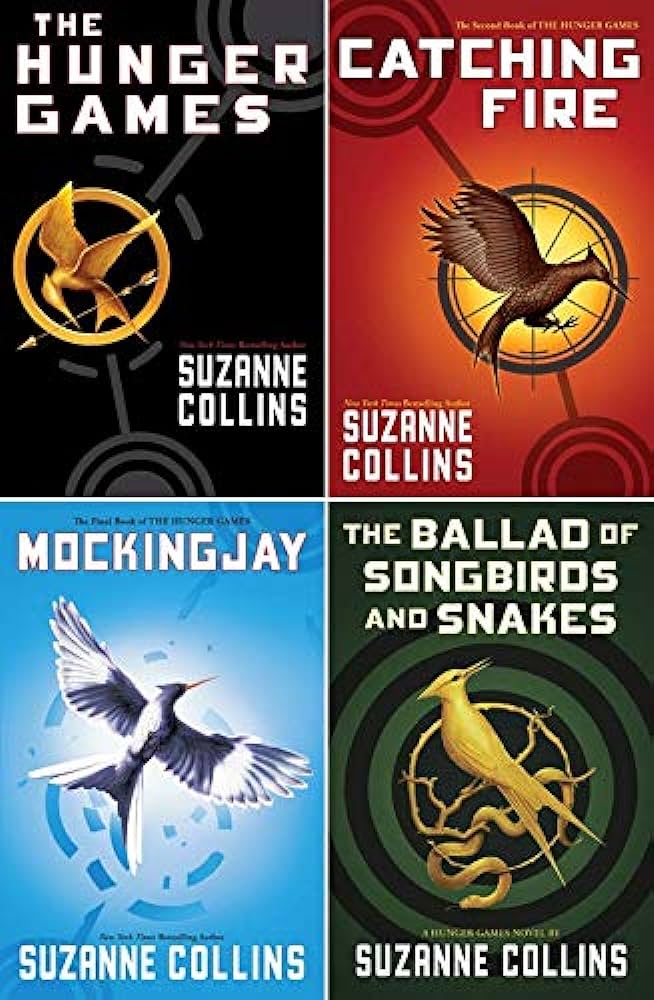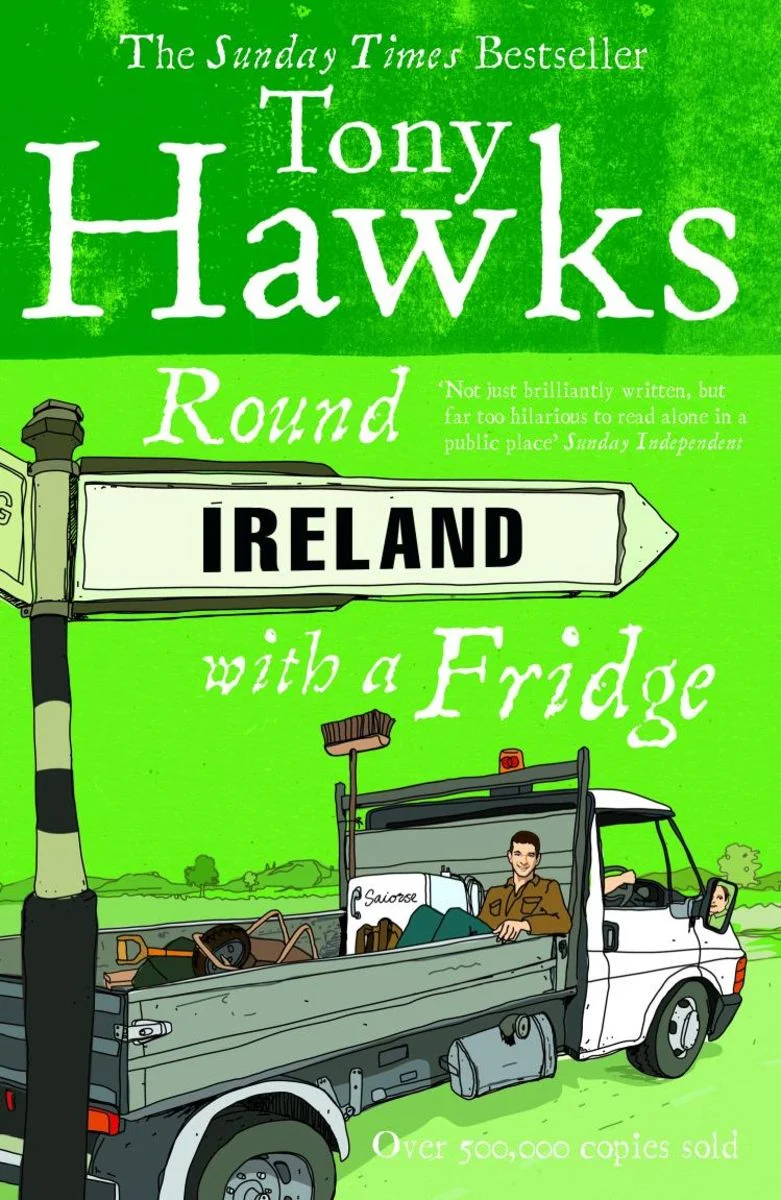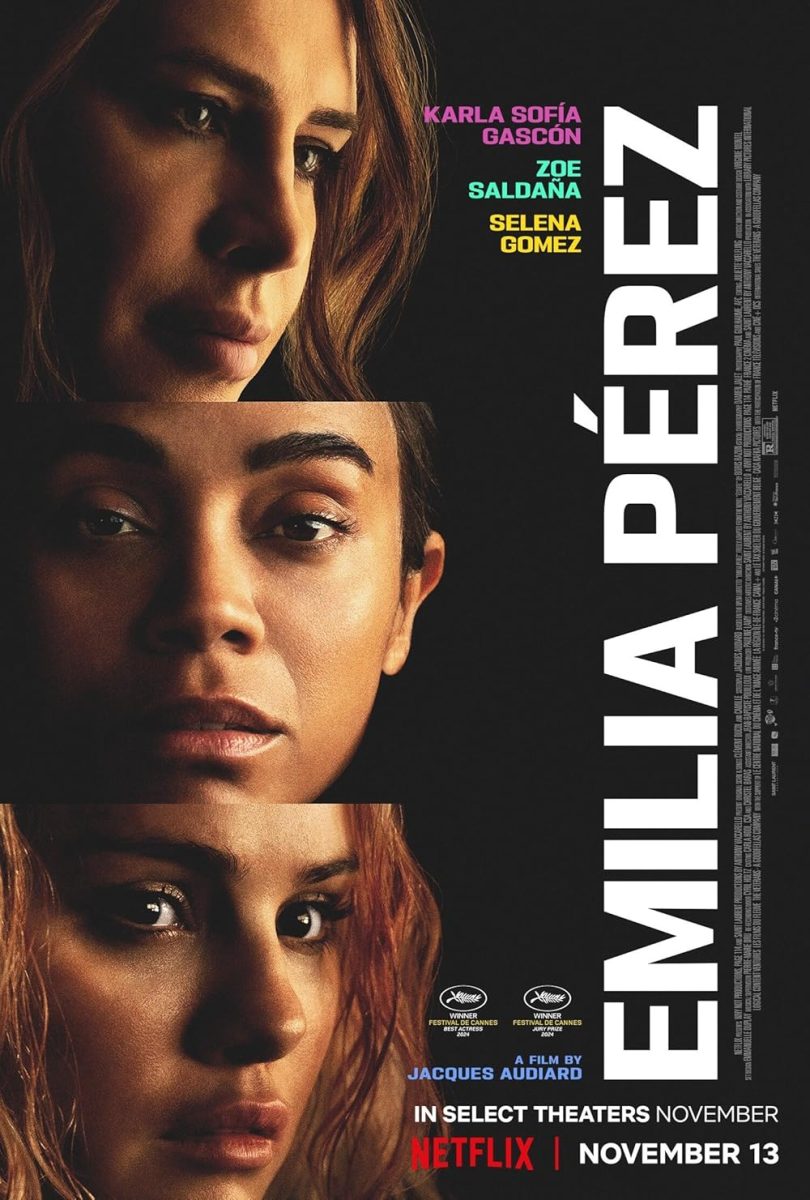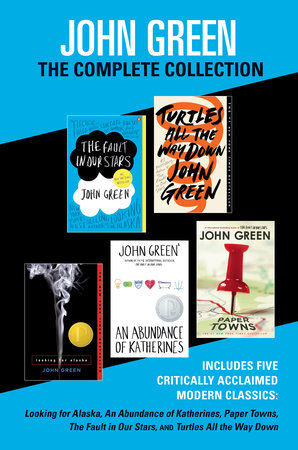Few franchises have had as big of an impact on literature as The Hunger Games has. Spawning dozens of trashy ripoffs in the YA dystopia genre, one could argue that its impact is only rivaled by the likes of Harry Potter and Twilight. With the Ballad of Songbirds and Snakes movie releasing soon, a new wave of Hunger Games craze has swept book culture. However, just because a piece of media grows to be as popular as The Hunger Games does not mean that it is of quality. With that being said, I believe that The Hunger Games should be considered among the great dystopias of past times, such as Fahrenheit 451, 1984, and Brave New World.
Much like other classic dystopias, the primary goal of The Hunger Games is to exaggerate a major flaw in our society and use this flaw to tell a cautionary tale. With this book specifically, the flaw is how humans revel in entertainment and reality TV. How are the Capitol citizens any different from an average modern-day person watching a reality TV program and getting joy out of seeing people suffer? Well, the big reason is that no average modern-day person would send children to their deaths as some sick form of entertainment, and then torture the families and loved ones of those who are victorious, while also traumatizing them in the process. This book gives the readers a vivid depiction of just how sadistic the higher-ups at the Capitol are. One thing that always stuck out to me in particular was the inclusion of the wolf mutts, who terrorize Peeta, Cato, and Katniss in the climax. They all wore collars depicting a district number, and their eyes were specifically engineered to look like the dead tributes, which made me lose sleep the first time I read this book.
One of the most underrated aspects of the first Hunger Games novel is the way it depicts Rue. She initially bonds with Katniss because of how Katniss sees her sister, Prim, in her. While this would normally be an issue with the book, it works to enhance the book’s already great strengths. The whole reason Katniss ends up in the arena is because she volunteers for Prim, who was initially chosen to go to the games during the random draw at the beginning of the book. After Katniss is knocked out by venom from tracker jackers, and genetically modified wasps, Rue begins to care for her, and they develop a deep and genuine bond, which leads to an alliance. Eventually, Katniss and Rue are forced to split up so Katniss can destroy Cato’s food supplies, but Rue never makes it to the rendezvous point, as she is killed by the boy tribute from District 1. Katniss manages to get a revenge kill on the District 1 boy, and Rue gives her one final request: to sing. Katniss sings a truly beautiful song, the performance of which was the first time I ever cried at any piece of media. Rue’s death reminds the audience of how ruthless this system is; it reminds Katniss of her mission in the arena; and it catalyzes Peeta to meet up in the much weaker part of the book.
While the parts of the book about Peeta aren’t nearly as interesting as anything with Rue, they are still fantastic, and it is extremely compelling to see this death-defying instance of the fake dating trope. However, I think the ending dropped the ball in a few places. It ended very well, but Suzanne Collins picked the weakest of the four potential options she had. The book ends with both Katniss and Peeta surviving, but it would have been better if they had both died or if only one of them had died. With that being said, the final sentence of the book justifies this. It shows how even though Katniss and Peeta both survived, their lives will never be the same again.
Catching Fire is not nearly as excellent as the first book, but I still consider it to be great. Every book in this trilogy follows a three-act structure, but I believe that this one is split up into two halves. The first half is about the victory tour and the revolution, and the second half (which is much better than the first) is about the seventy-fifth Hunger Games.
One of the big reasons why the first half is so much worse than the second is everything with the love triangle, which may be the overall worst part of the series. Granted, it’s better than the love triangle in something like Twilight, but that is not a high bar. Despite everybody knowing about this series because of the love triangle, it was barely present in the original. Sure, Katniss has inner monologues that allude to it, but without Gale’s physical presence, the story could afford to focus much more on Peeta’s relationship with Katniss. The other reason the first half of Catching Fire drops the ball is by focusing on the boring revolution plotline. I don’t know who had the idea to dedicate only one-third of this Hunger Games book to the Hunger Games, but they should be fired.
The second half of the book is why I consider it to be great. After Katniss is chosen to participate in what is essentially the all-star season of the Hunger Games, we see the horrifying magnitude of what the Capitol is capable of. Finnick makes for an interesting character study, but the real star of the show is Haymitch. Seeing the games that he won gives us insight into the underlying pain he feels inside, even if he doesn’t end up in the seventy-fifth Hunger Games. As for the characters we see a lot of, I don’t care for Mags or Johanna. The former doesn’t have much interesting dialogue, and the latter just exists to be an annoying rival for Katniss. Beetee is entertaining enough, but I do not have many strong feelings about him. That being said, this arena easily blows the previous one out of the water. Seeing Katniss and Wiress discover that the arena is secretly a clock is one of the best scenes in the book, and the horrors that the game makers unleash each hour perfectly match the sadism of the seventy-fourth games. While the ending is a bit of a copout, the reveal that the Capitol had bombed District 12 is good enough to make up for this. After reading this, I figured that I would enjoy Mockingjay.
I did not enjoy Mockingjay. My main complaints about Catching Fire were the love triangle and the revolution, the two most central aspects of the third act in the trilogy. The only potentially interesting aspect of the revolution was the invasion of the Capitol, but it was so poorly executed that I couldn’t bring myself to care about it. The first problem with this plotline is how it kills off characters for pure shock value. The original had shocking moments, but the only main characters who died were Rue and Cato, with both deaths serving a dramatic or emotional purpose. When Boggs dies, I don’t feel anything because the moment just exists to have shock value. This is the main problem many people have with season eight of Game of Thrones, but I would argue it is even more pronounced in this case.
No character better exemplifies this than the main villain, Alma Coin. The main villain of Catching Fire, President Snow, is intimidating, well-written, and sufficiently twisted. He was one of the best aspects of this entire trilogy. However, Mockingjay gives Snow one scene to interact with Katniss and then replaces him with one of the worst twist villains I have ever seen. Coin is given so little time to be evil that every scene with her completely loses its impact. The scene where Katniss shoots her instead of Snow is one of the most idiotic things I have ever read. This idea had potential, but Katniss doesn’t have much motivation, seeing as how she had voted for the symbolic Hunger Games in the previous scene. She already knew that the missile was Coin’s fault during the voting scene, so what makes her go back on this?
The worst parts of this trilogy were the parts that were put into the slew of ripoffs like The Testing or Divergent, which significantly tainted the reputation of the original series. While I don’t want to dwell too much on the prequel book, Ballad of Songbirds and Snakes, I think it is great and underrated. Despite the awfulness of Mockingjay, I do consider this quadrology to be great, and its best elements far outshine its worst. I won’t recommend these books to the more squeamish readers in the audience, but if you can stomach the gore, I wholeheartedly urge you to read them.





